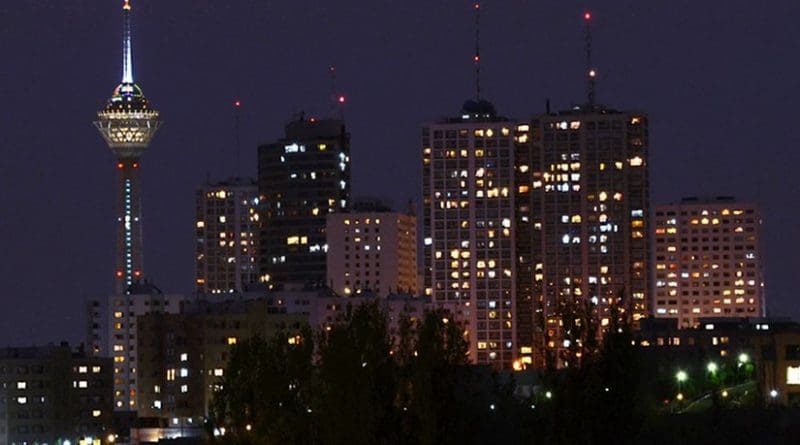Developing Relations With Iran: Europe’s Large-Scale Strategy – Analysis
By Iran Review
By Saeed Alikhani*
Italy and France were destinations for Iranian President Hassan Rouhani’s first official trips following the removal of sanctions that had been imposed on Iran over its peaceful nuclear program. During these trips, Rouhani was accompanied with a 200-member delegation, which consisted of officials at the highest political and economic levels, which clearly indicated president’s approach to boosting economic relations with those countries and attracting foreign investment to Iran.
A glance at the agreements reached during these two trips will prove that major European companies are now ready to return to the Iranian market. France’s Peugeot is planning to invest 400 million euros in Iran while Citroen has also agreed to produce 200,000 cars in Iran in cooperation with the country’s biggest carmaker, Iran Khodro. According to experts, the contract is worth USD 436 million.
Meanwhile, the French oil major, Total, has announced that it will purchase 200,000 barrels per day of oil from Iran. At the same time, Airbus has announced its readiness to renovate Iran’s air fleet by selling 118 commercial jets, including three humongous Airbus A-380 passenger plane to the Islamic Republic.
The French Prime Minister Manuel Valls has announced that the two countries will sign agreements for further cooperation in such sectors as health, agriculture, and environment. In addition, Aéroports de Paris and Bouygues industrial group will take part in the construction of a new passenger terminal at Tehran’s Imam Khomeini International airport while Vinci SA has signed an agreement to manage and renovate airports in the Iranian cities of Mashhad and Isfahan.
Meanwhile, CMA CGM, France’s container shipping company, has reached an agreement with Iran for cooperation in shipping and development of port terminals in the Islamic Republic. Suez Environnement SA, which as its name denotes is active in the field of environment, has signed an agreement for water treatment in Iran, while France’s Sanofi has also signed a contract to sell medical products to Iran.
Iranian delegates also signed remarkable agreements with Italian sides during Rouhani’s visit to Rome. The two countries have signed 14 official documents to boost cooperation in such fields as road transportation, railroad, medical and education cooperation, commerce, safety, port cooperation, agriculture, quarantine and preservation of plants, and pharmaceuticals.
What has been mentioned as economic achievements of these trips is a set of agreements, which will greatly help boost various sectors of the country’s economy and in doing so, can make up for the past stagnation, which was a result of sanctions against Iran and had prevented prosperity and growth of these sectors.
Of course, this situation is not special to Iran and European sides will soon know about the advantages of close economic cooperation with Iran. Under these conditions, talking about the past and breach of promises by some countries is only an effort to create obstacles on the way of entrepreneurship or flow of millions of euros of foreign investment, and will only cast doubts on the Iranian administration’s approach to develop foreign cooperation. However, the point that must not be forgotten is that although diplomacy learns lessons from the past, it sets it eyes on the future.
Whether we like it or not, we must accept the reality that Iran’s achievements as well as rising soft and hard power of Iran in the region have faced our country with more difficult and more complicated equations, and regional actors involved in this new situation have defined a large part of development of their regional power through establishment of economic relations with big economies in the world.
Signing economic contracts by major European countries with Iran is not a measure to be merely assessed as an economic step and, there is no doubt that the policy of economic closeness with Iran will be extended to other areas such as politics and so forth.
The post-sanctions Europe is now offered with the opportunity to judge the issue of relations with Iran through its large-scale economic measures and by comparing the situation under “sanctions” with the “economic cooperation.” Therefore, if this judgment is seasoned with smartness, Europe can even think about more extended relations with Iran as well.
*Saeed Alikhani, International Analyst
Source: Iran Newspaper
http://iran-newspaper.com/
Translated By: Iran Review.Org

